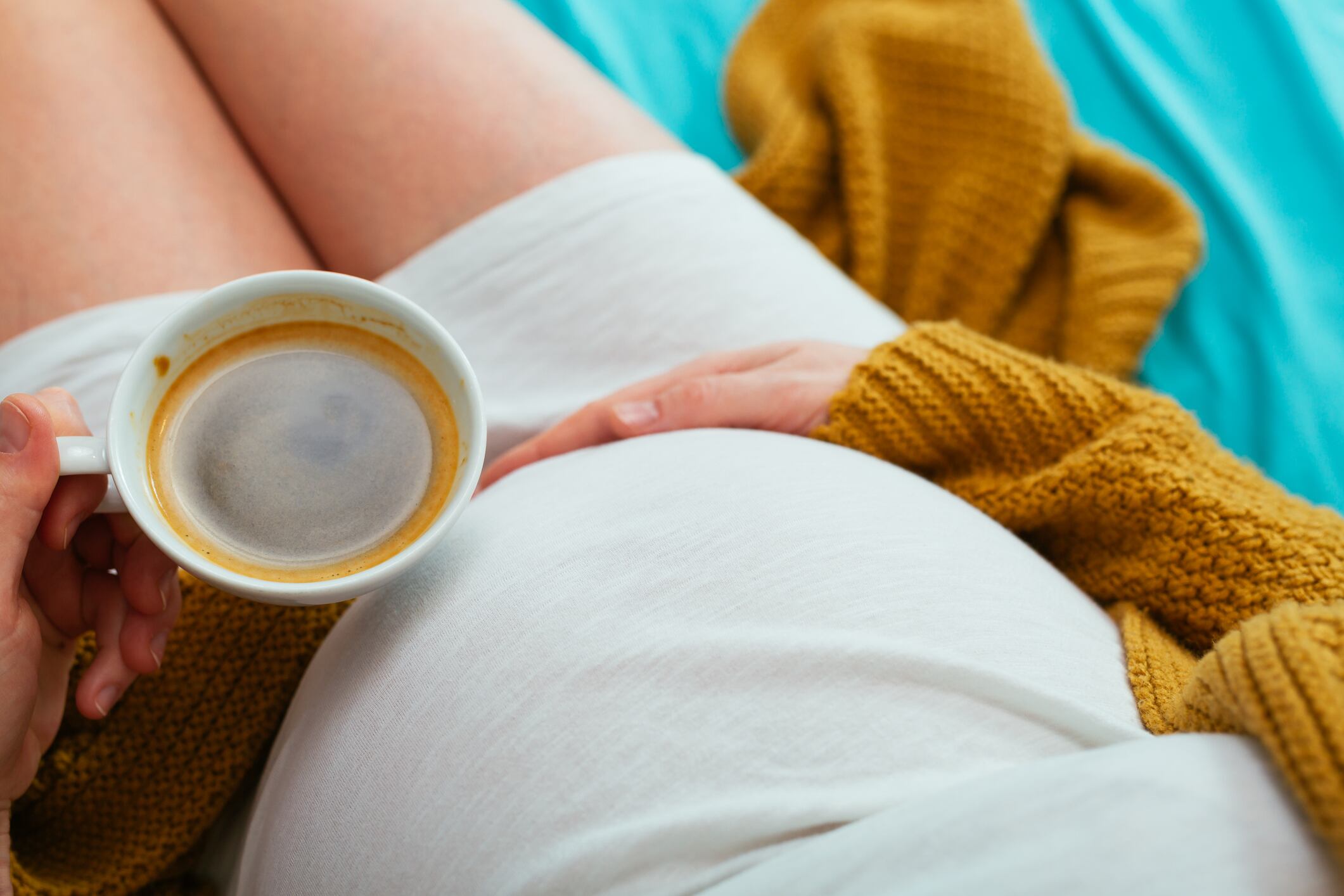The analysis of observational studies published in BMJ Evidence Based Medicine concluded that pregnant women and those trying to conceive should avoid the caffeine altogether because it is linked to low birthweight and miscarriages.
That’s at odds with the current advice to pregnant women that consuming a small amount of caffeine daily will not harm their baby. The UK NHS, the American College of Obstetricians and Gynecologists, the Dietary Guidelines for Americans and the European Food Safety Authority (EFSA) all set this level at 200 mg caffeine: roughly two cups of moderate-strength coffee per day.
The study, led by Professor Jack James of Reykjavik University in Iceland, looked at 48 observational studies and analyses published in the past two decades that examine a link between caffeine consumption in pregnancy and various health outcomes for the child.
Professor James concluded that there was “substantial cumulative evidence” of an association between caffeine consumption and negative pregnancy outcomes, specifically miscarriage, stillbirth, low birth weight and/or small for gestational age, childhood acute leukaemia and childhood overweight and obesity, but not preterm birth.
As a result, he claimed current health recommendations concerning caffeine consumption during pregnancy were in need of “radical revision”. He said: "Specifically, the cumulative scientific evidence supports pregnant women and women contemplating pregnancy being advised to avoid caffeine.”
Evidence ‘unlikely to change the existing advice’
But health experts told FoodNavigator that the evidence presented by Professor James was unlikely to change the existing advice as it was a review of existing research, and not a new piece of research in itself.
Prof Andrew Shennan, professor of obstetrics at Kings College London, said: “This paper has not presented any new evidence and the NHS reviewing the same data has concluded it is safe to take low doses of caffeine in pregnancy (eg one or two cups of coffee a day.) I believe the risks in taking low dose are not confirmed and as caffeine occurs naturally in our diet, it remains unlikely to be a significant risk at low doses for any given individual.”
He added: “The authors conclude the advice from health bodies such as the NHS needs to radically change and they advise avoiding all caffeine. However, the observational nature of this data with its inherent bias does not indicate with any certainty that low doses of caffeine are harmful, and the current advice to avoid high doses of caffeine are unlikely to change.”
Dr Simon Steenson, Nutrition Scientist at the British Nutrition Foundation, said: “While this new study provides evidence of an association between caffeine consumption during pregnancy and negative pregnancy outcomes, the observational nature of the studies included means it is not possible to establish ‘cause and effect’. It is possible that other lifestyle factors might partly explain the associations reported, such as smoking or alcohol intake, which might not be fully corrected for in the analysis. Also, the data on caffeine intake was self-reported, and so this is likely to be affected by how accurately the women studied recalled their intake levels.”
He reiterated that the NHS advises that if you are pregnant, to limit your caffeine intake to no more than 200 mg per day “as high levels of caffeine consumption during pregnancy can increase the risk of babies having a low birthweight, which may increase the risk of health problems later in life. Too much caffeine can also lead to a miscarriage”.
The NHS also advises that pregnant women “should not worry if they occasionally exceed 200 mg per day of caffeine, as the risks of doing so are quite small.”
The British Coffee Association told us: “The current evidence given by the NHS is based on a comprehensive review of all the scientific evidence available on coffee and health, which shows that pregnant women should limit caffeine intake to 200mg per day or less and, at these levels, does not increase the risk of reproductive complications. This new study is an observational study so, importantly, does not show any direct cause and effect link and also is subject to confounding factors such as cigarette smoking and wider dietary issues, which may limit its ability to draw clear conclusions.
“The other piece of advice to remember is that you can also switch to decaf coffee during pregnancy if you are concerned and want to continue drinking coffee.”
Source
Maternal caffeine consumption and pregnancy outcomes: a narrative review with implications for advice to mothers and mothers-to-be
BMJ Evidence Based Medicine
doi 10.1136/bmjebm-2020-111432


